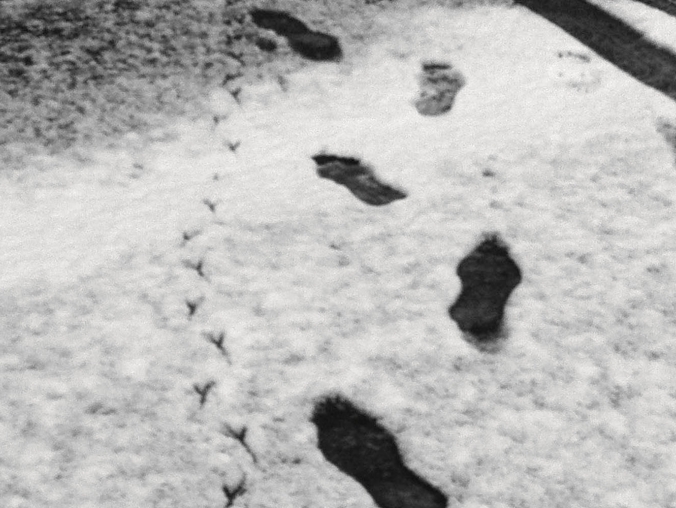
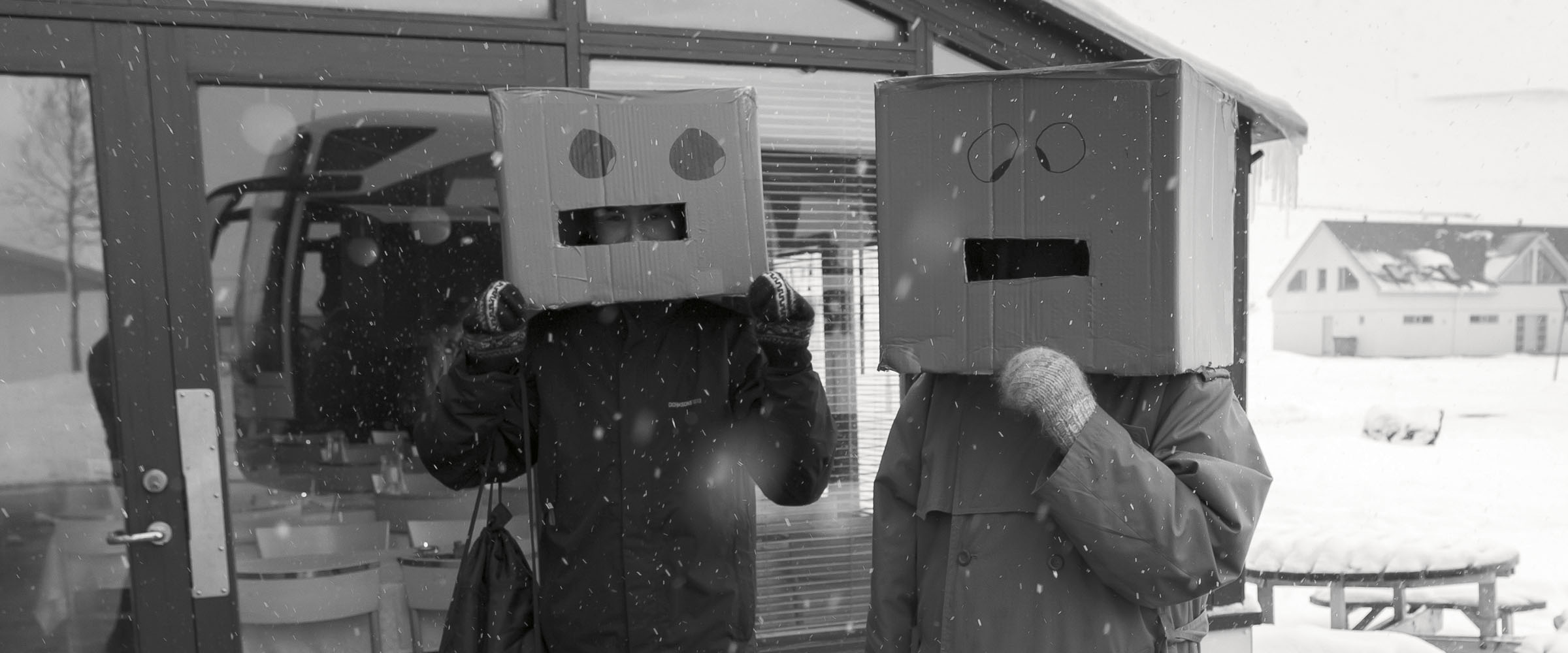
The hidden costs of buying a house
Buying a new home can be more expensive than you think. Use our guide to discover all the things you’ll need to budget for
If you’re looking to buy your first home, you’ll no doubt be saving hard for a deposit. But it’s important to remember that you’ll also need money to cover moving and other costs. To help you prepare, we’ve explained the extra things you need to factor in.

Stamp Duty Land Tax (Land and Buildings Transaction Tax in Scotland and Land Transaction Tax in Wales) is a tax you pay when you buy a property. It’s based on the value of the property and can amount to thousands of pounds. However, the good news is that in England, Northern Ireland and Scotland there are special rules for first-time buyers that mean you may pay less than other buyers, or may not have to pay it all:
- In England and Northern Ireland, first-time buyers only pay Stamp Duty Land Tax on properties worth more than £300,000. Use the Stamp Duty Land Tax calculator to discover how much you’d have to pay.
- In Scotland, first-time buyers only pay Land and Buildings Transaction Tax on properties worth more than £175,000. See the Land and Buildings Transaction Tax calculator to find out more.
First-time buyers in Wales pay the same as other buyers, which means you’ll pay Land Transaction Tax if the property is worth £180,000 or more. The Land Transaction Tax calculator can help you to work out what you’ll need to pay.

Booking fees, also known as reservation or application fees, have to be paid when you apply for a mortgage – by paying the fee, you’re booking the mortgage rate while your mortgage goes through. If the mortgage is declined, you won’t get your money back. They’re typically around £99-250, but not all lenders charge them.
Mortgage arrangement fees are charged on some mortgage deals and can be over £2,000. You can usually choose to pay the fee upfront or add it to your loan. The latter option is more expensive, though, as you’ll pay interest on the fee.

If you use a mortgage broker to help you choose your mortgage deal, there may be a fee to pay. This could be anything up to around £500, although some will be paid commission by the lender, which means the service is effectively fee-free to you.

If you’re getting a mortgage, your lender will insist you have a valuation so it can check how much the property is worth before deciding how much to lend you. Expect to pay anything between £150 and £1,500, depending on the value of your property. Some lenders offer to waive the fee as an incentive.
If you’re buying in Scotland, the seller pays for this as part of the mandatory Home Report that they have to arrange.

It’s wise to get a survey done before you buy to check the condition of the property and to flag up any problems. There are three different levels of survey you can choose from if you’re buying in England, Wales or Northern Ireland, ranging from the most basic Home Condition Report to the more detailed Homebuyer Report and a comprehensive Building Survey. The cost will depend on the type of report you choose, the property value and where the property is in the country. Expect to pay from around £250 for a basic survey, up to over £600 for a more comprehensive one.
In Scotland it’s the seller who has to arrange and pay for the survey (known as the Home Report) rather than the buyer.
Take a look at the Royal Institute of Chartered Surveyors’ A clear, impartial guide to home surveys to find out more.

You’ll need buildings insurance in place from the moment you exchange contracts (or the date you move in, in Scotland). You can get an idea of pricing from any of the price comparison websites or an insurance broker.

You’ll need a solicitor or conveyancer to carry out the legal work for you. Shop around and get quotes from at least three different firms, as costs do vary. Some lenders offer to pay your legal fees or a contribution towards them as part of the mortgage deal, providing you use one of their approved firms.
In addition to paying the solicitor/conveyancer for their time, there are other legal costs you have to pay – such as the cost of searches (where your solicitor checks if there’s anything untoward that may affect the property, such as flooding) and the cost of updating official records once the purchase is complete to show you’re now the legal owner of the property. You pay these fees to your solicitor.
Budget for between £500 and £1,500 in total.

You may be able to get away with hiring a van and moving yourself to keep costs down. If not, you’ll need a removal company. The amount you’ll pay will depend on how many belongings you have, how far you’re moving and the level of service you choose. The Money Advice Service recommends budgeting for between £300 and £600.

It’s a good idea to ask Royal Mail to redirect your post to your new address to help minimise the risk of identity fraud. You’ll pay £66.99 for a 12-month redirection – three and six month redirections are also available at a lower cost.

If you’re leaving a rental property, you’ll need to leave it clean and tidy. You may want to budget for the cost of a professional cleaner.

Don’t forget to put some extra money aside for decoration costs once you move in, if necessary. These costs can quickly add up even if you do the work yourself.
More for you
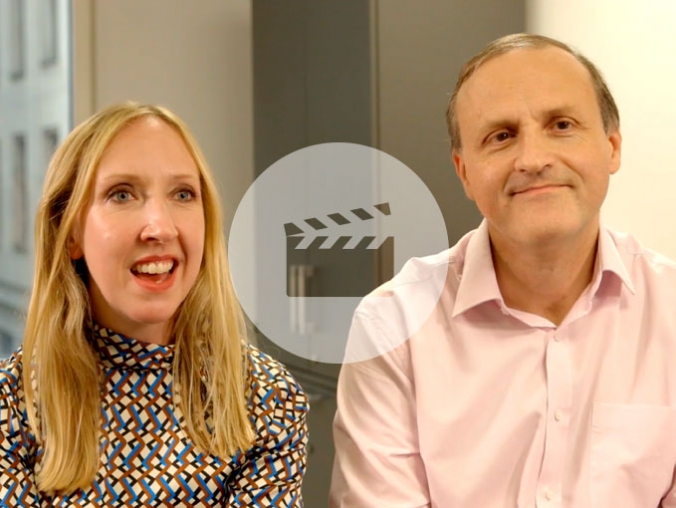
Mothers missing out on millions
Royal London's Steve Webb, Director of Policy, and Becky O'Connor, Personal Finance Specialist, explain how a change in the child benefit system is causing thousands of mothers to end up with a reduced state pension
MORE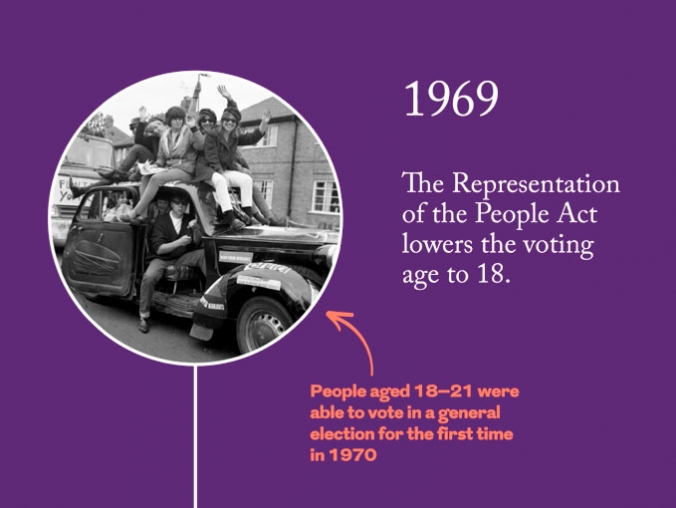
Why is voting so important?
Find out why voting is such an important part of our society and our business, and how voting at the AGM benefits you
MORE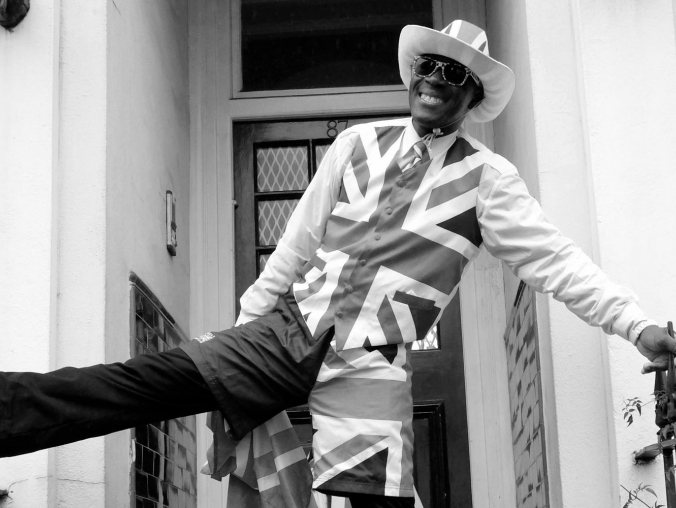
Helping the organisations that matter to you
Your nominations helped us donate £350,000 to not-for-profit organisations across the UK in 2018
MORE
